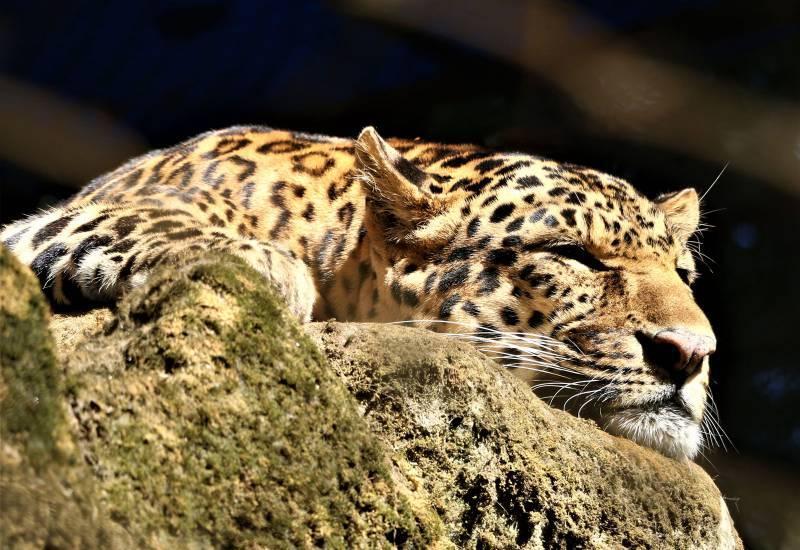
Darjeeling Zoo Becomes India’s 1st to Preserve Wildlife DNA Samples
The Padmaja Naidu Himalayan Zoological Park in West Bengal’s Darjeeling has made a groundbreaking achievement by becoming the first zoo in India to preserve the DNA samples of wildlife found exclusively in snowy regions. This innovative initiative aims to ensure the long-term preservation of the genetic material of these endangered species, which are threatened by climate change, habitat destruction, and other human activities.
The dedicated laboratory set up within the zoo is equipped with state-of-the-art facilities to store the DNA samples in steel containers filled with liquid nitrogen at freezing temperatures. This unique preservation method allows for the long-term storage of DNA samples without the risk of degradation or contamination.
The DNA preservation project is a significant step forward in the conservation efforts of the zoo, which is home to a variety of snow-loving species, including the Himalayan jumping spider, snow leopard, and the Himalayan brown bear. By preserving the DNA samples of these species, the zoo is ensuring that their genetic material is protected for future generations.
The project is led by a team of experts from the zoo, who have been working tirelessly to collect and store the DNA samples of the snow-loving species. The team has developed a specialized protocol for collecting and preserving the DNA samples, which involves extracting the genetic material from the animals and storing it in the liquid nitrogen-filled containers.
The DNA preservation project is not only a significant achievement for the zoo but also a major milestone in the conservation efforts of India. The country is home to a diverse range of wildlife, including many snow-loving species that are found only in the Himalayan region. However, many of these species are threatened by habitat destruction, climate change, and other human activities, which has led to a decline in their populations.
The DNA preservation project is an essential step in the conservation efforts of the zoo, as it allows for the long-term preservation of the genetic material of these endangered species. This genetic material can be used for a variety of purposes, including the conservation breeding programs, genetic research, and the development of conservation strategies.
The project is also expected to benefit the scientific community, as it will provide a valuable resource for researchers studying the genetic diversity of snow-loving species. The preserved DNA samples can be used to study the genetic variation within these species, which can help to identify the genetic factors that contribute to their decline.
The DNA preservation project is just one of the many conservation efforts being undertaken by the zoo. The zoo is also involved in a range of other conservation initiatives, including habitat restoration, species reintroduction programs, and education and outreach programs.
In addition to its conservation efforts, the zoo is also a popular tourist destination, attracting thousands of visitors each year. The zoo’s unique location in the Himalayan region offers stunning views of the surrounding mountains, and its collection of snow-loving species is a major draw for visitors.
In conclusion, the Padmaja Naidu Himalayan Zoological Park in Darjeeling has made a significant achievement by becoming the first zoo in India to preserve the DNA samples of wildlife found exclusively in snowy regions. This innovative initiative is an essential step in the conservation efforts of the zoo, and it is expected to provide a valuable resource for researchers and conservationists in the future.
News Source:
https://repository.inshorts.com/articles/en/PTI/fdd419a1-9f08-4bdb-89e4-31434c57ec14






